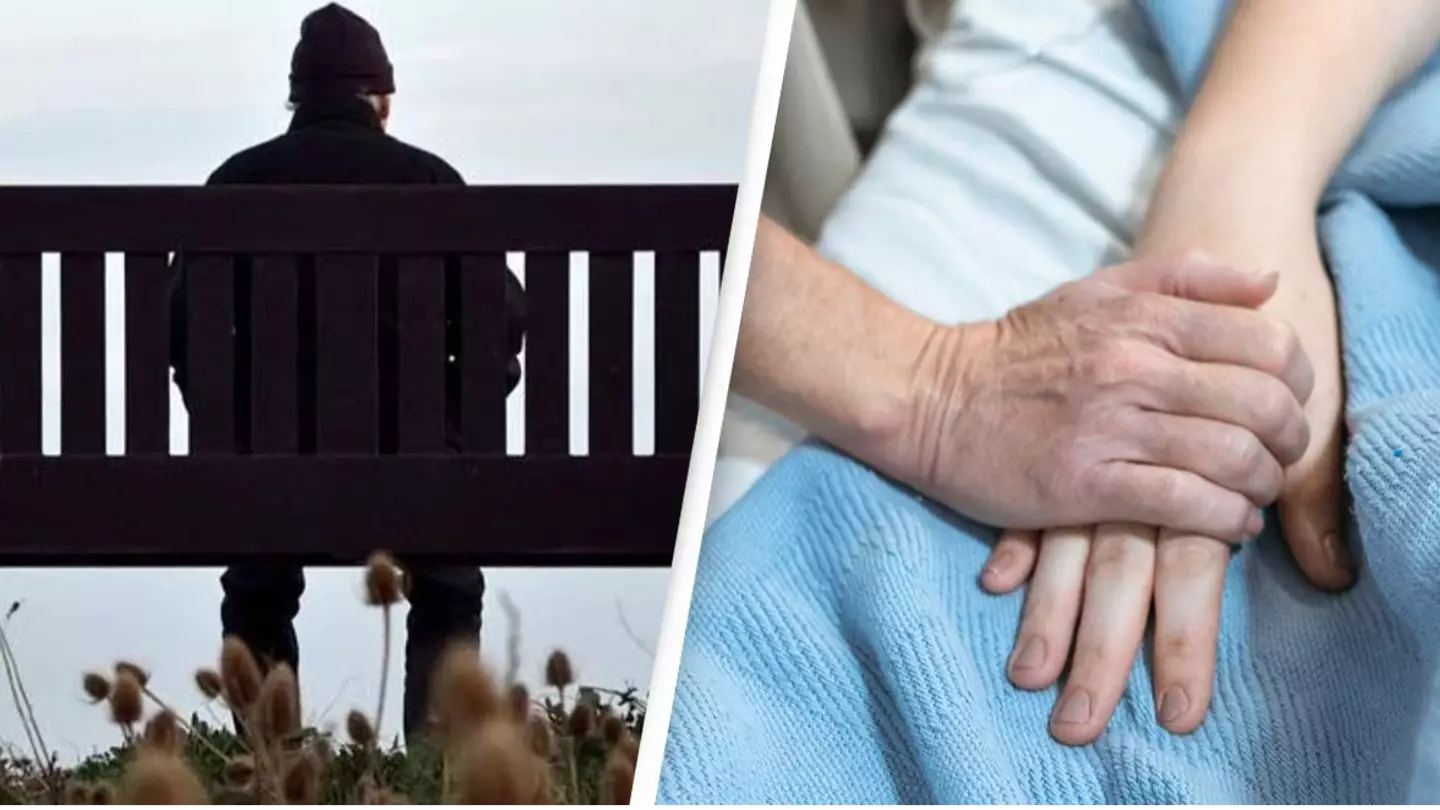
The co-president of Exit has spoken out about his experiences working at the organisation which specialises in physician-assisted death.
Assisted death is a highly debated topic and only permitted in a few countries in Europe.
The practice remains illegal in the UK despite a poll revealing that 73 percent of voters hope to see changes made to the law to allow those with terminal illnesses to receive assistance from doctors to die.
Co-president of Swiss clinic Exit, Jean-Jacques Bise, has since spoken out about exactly what goes on at such clinics.
The co-president explained to Vice that assisted suicide 'is carried out by the person themselves' and will see the person either 'drink the lethal substance,' or be 'put on a drip' hooked up to 'the lethal infusion' if they're unable to drink.
Advert
He explained: "As of yet, we’ve never had a situation where the person was fully unable to move, but if that was the case we would figure out a solution, like, for instance, initiating the process through blinking."
Bise clarified that euthanasia is completely different to assisted suicide in how it is 'death administered by another party'.
Exit can currently only be joined by permanent residents or citizens of Switzerland. It has around 135,000 members who help fund it by paying either €1,100 (£930) for a lifetime or €40-a-year (£34).
In order to be assisted, there is also a set of 'necessary medical criteria' the person has to meet.
One of the doctors from the organisation decides whether or not the person has a 'severe' enough medical issue such as 'fatal illness, subjectively intolerable pains or unsustainable impairments'.
Bise explained: "If they meet the criteria, we look at our calendars and pick a date. Most people don’t know when they’ll die, but this is an unusual situation.
"On the morning itself, we ask them one final time if they still want to go through with it. If they have changed their mind, we bring everything to a halt. Our job is to help people, not coerce them."
The lethal substance - pentobarbital - is reportedly 'extremely bitter' and so the person is given an anti-nausea pill before taking it.
Pentobarbital is given in a dose of 15 grams, according to Bise.
After taking the substance, Bise noted that 'the patient yawns and peacefully falls asleep'.
He said: "It takes 20 minutes or so before a doctor can pronounce them dead. We then contact the police and the funeral providers."
According to Bise, Exit assisted with the deaths of 223 women and 146 men last year, amounting to a total of 369 people.
A recent popular request has been for couples to die together, with Bise reporting that the overall number of assisted deaths from last year includes four couples.
"The last couple we guided had been together for 65 years. They could’t imagine life without one another," he said.
Bise explained that he got into this line of work after experiencing two deaths in his own family, the first which was 'very painful,' but the second, the opposite, thanks to a doctor who 'generously helped relieve the person's suffering with morphine, which made the end quicker and more peaceful'.
Noting how many of those who choose assisted deaths utter the final words of, 'At last,' Bise concluded: "I guarantee you, after you go through so much suffering, life isn’t really life anymore. So death often comes as a relief for these people; they feel freed."
If you have experienced a bereavement and would like to speak with someone in confidence contact Cruse Bereavement Care via their national helpline on 0808 808 1677
If you’ve been affected by any of these issues and want to speak to someone in confidence, please don’t suffer alone. Call Samaritans for free on their anonymous 24-hour phone line on 116 123
Topics: no-article-matching